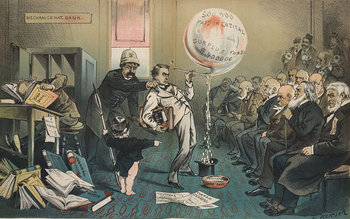
Principles
Governance bodies establish a mission, vision and set of principles that guide decisions at the management and working level. For example, a sustainability principle such as "we strive to minimize our impact on the environment."Strategy
Development and implementation of goals and plans to achieve those goals. In many cases, management will propose strategy and a governance body will review and approve it.Policy
Implementation of rules such as a policy of separating personal and corporate social media accounts.Norms
Norms are expectations that aren't encoded as strict rules. This respects the intelligence of the individual with general guidelines as opposed to detailed regulations. For example, "be nice to each other, be nice to the customer."Control
Governance bodies control an organization. This is achieved by selecting the Chief Executive Officer and monitoring organizational performance and risk to take preventative and corrective actions where required.Fiduciary Duty
Exercising care and control of money and assets with loyalty to the primary stakeholders of an organization. This includes implementation and monitoring of sound financial management and compensation policies. Governance bodies are expected to exercise due diligence in financial decisions to defend the interests of stakeholders.Accountability
Governance bodies are accountable for the performance and community impact of an organization. They also play a critical role in holding management accountable for their performance. Governance bodies are expected to be engaged to quickly identify failures and hold management accountable.Risk
The identification and management of major risks facing an organization. For example, governance bodies are expected to manage financial, competitive and information security risks.Compliance
Governance bodies are accountable for compliance to laws and regulations. For example, a compliance body may direct management to achieve compliance to a new regulation and monitor compliance on an ongoing basis.Reputation
Building a positive reputation for your organization amongst stakeholders and the public. This includes setting a positive tone at the top and holding everyone in your organization accountable for their behavior. Reputation also stems from your behavior as an organization in areas such as environment, community impact and risk management.| Overview: Governance | ||
Type | ||
Definition | The direction and control of an nation, region, community, organization, department, group or program. | |
Related Concepts | ||

























